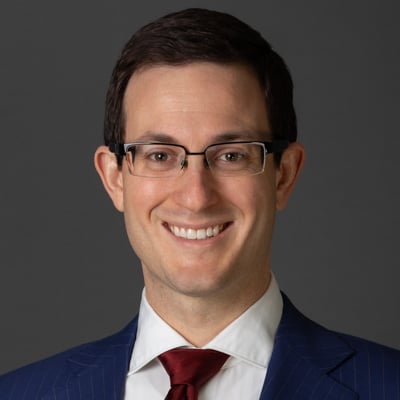Oracle Says Trial Judge 'Undermined' Google Copyright Case
Oracle kicked off a hotly anticipated appeal Friday aimed at reviving its $8.8 billion copyright lawsuit against Google, saying jurors sided with the rival company only because a trial judge "undermined" Oracle's case.
The software giant is at the Federal Circuit to challenge a May jury verdict that found Google was protected by copyright’s fair use doctrine when it incorporated elements of Oracle’s Java software language into the lucrative Android platform.
The verdict, which was closely watched in Silicon Valley, came after more than six years of litigation and cleared Google of liability that could have reached $8.8 billion.
In its opening brief to the appeals court, Oracle framed Google’s use of the code as no more fair than an unauthorized screen adaptation of a copyrighted book.
“When a plagiarist takes the most recognizable portions of a novel and adapts them into a film, the plagiarist commits the ‘classic’ unfair use,” Oracle wrote. “No court would accept the defense, ‘I added other content and creativity to make the story work as a movie’ or “I transformed the story by adapting it to a different medium.’”
Google’s fair use argument was that it only borrowed enough code to effectively use the open-source Java language, and that it had added enough of its own material to transform the code into a new mobile platform that didn't compete with anything the rival offered.
That was an argument that “no reasonable jury with a proper understanding of the law” should have accepted, Oracle told the appeals court. but the trial judge, U.S. District Judge William Alsup, “repeatedly undermined Oracle’s case.” For example, Oracle said, Alsup barred evidence that the two companies in fact directly competed in many places — which would be a strike against fair use.
“Google exploited the evidentiary void at trial,” Oracle wrote. “It argued that Android does not compete with Java because Java is for PCs and Android is not. Google alone knew that was false.”
Friday’s brief kicks off a second trip to the Federal Circuit in a case that has already been fought in court for more than six years.
Oracle first sued Google back in 2010, claiming the tech rival had lifted several key elements from its so-called application programming interfaces, APIs — packages of pre-written computing instructions Oracle created to help programmers more easily write in Java — and incorporated them into Android without permission.
Judge Alsup ruled for Google in 2012 that Oracle’s code was not even eligible for copyright protection in the first place, but the Federal Circuit overturned that decision in a 2014 ruling. The appeals court left Google’s fair use argument undecided, setting the stage for last year’s jury trial.
A spokesman for Google declined to comment on Oracle’s opening arguments. The case is being heard in the Federal Circuit because it once included patent claims.
Oracle is represented by Joshua Rosenkranz, Annette L. Hurst, Peter A. Bicks, Lisa T. Simpson, Andrew D. Silverman, Matthew L. Bush, Mark S. Davies, Kelsi Brown Corkran, Melanie L. Bostwick and Jeremy Peterman of Orrick Herrington & Sutcliffe LLP, by Dale M. Cendali and Joshua L. Simmons of Kirkland & Ellis LLP and by in-house counsel Dorian Daley, Deborah K. Miller, Matthew M. Sarboraria and Ruchika Agrawal.
Google is represented by Robert A. Van Nest, Christa M. Anderson, Steven A. Hirsch, Michael Soonuk Kwun and Reid P. Mullen of Keker & Van Nest LLP and by Bruce W. Baber, Ethan P. Davis and Daryl Joseffer of King & Spalding LLP.
The case is Oracle America Inc. v. Google Inc., case number 17-1118, in the U.S. Court of Appeals for the Federal Circuit.
REPRINTED WITH PERMISSION FROM THE FEBRUARY 10, 2017 EDITION OF LAW360 © 2017 PORTFOLIO MEDIA INC. ALL RIGHTS RESERVED. FURTHER DUPLICATION WITHOUT PERMISSION IS PROHIBITED. WWW.LAW360.COM

